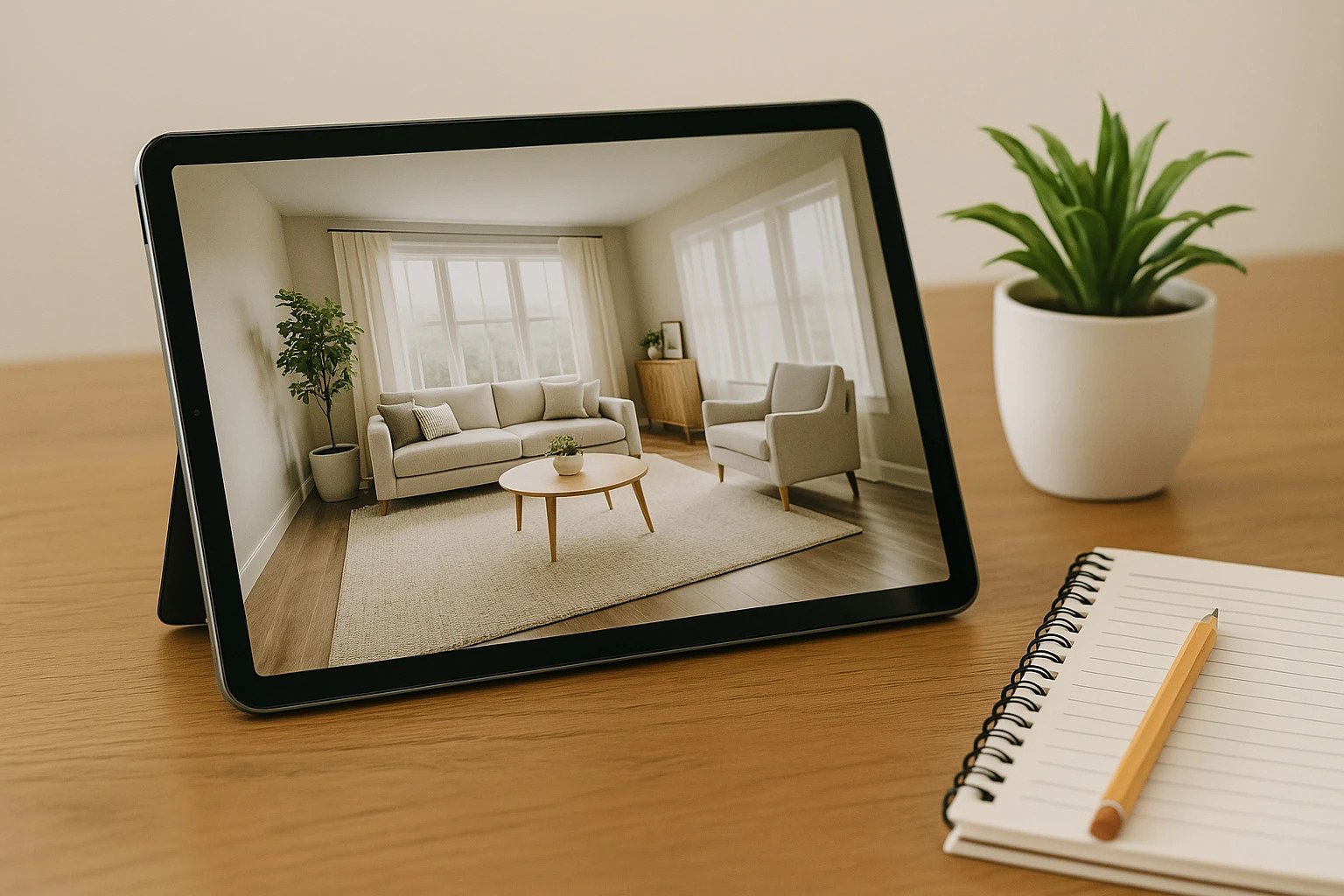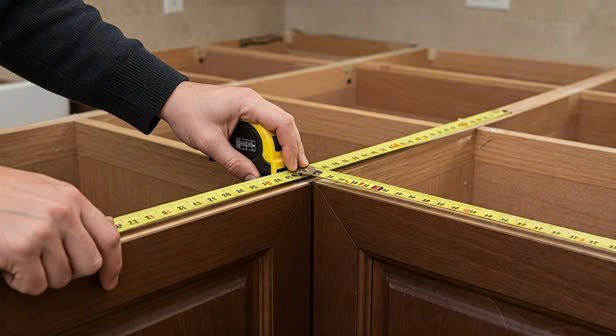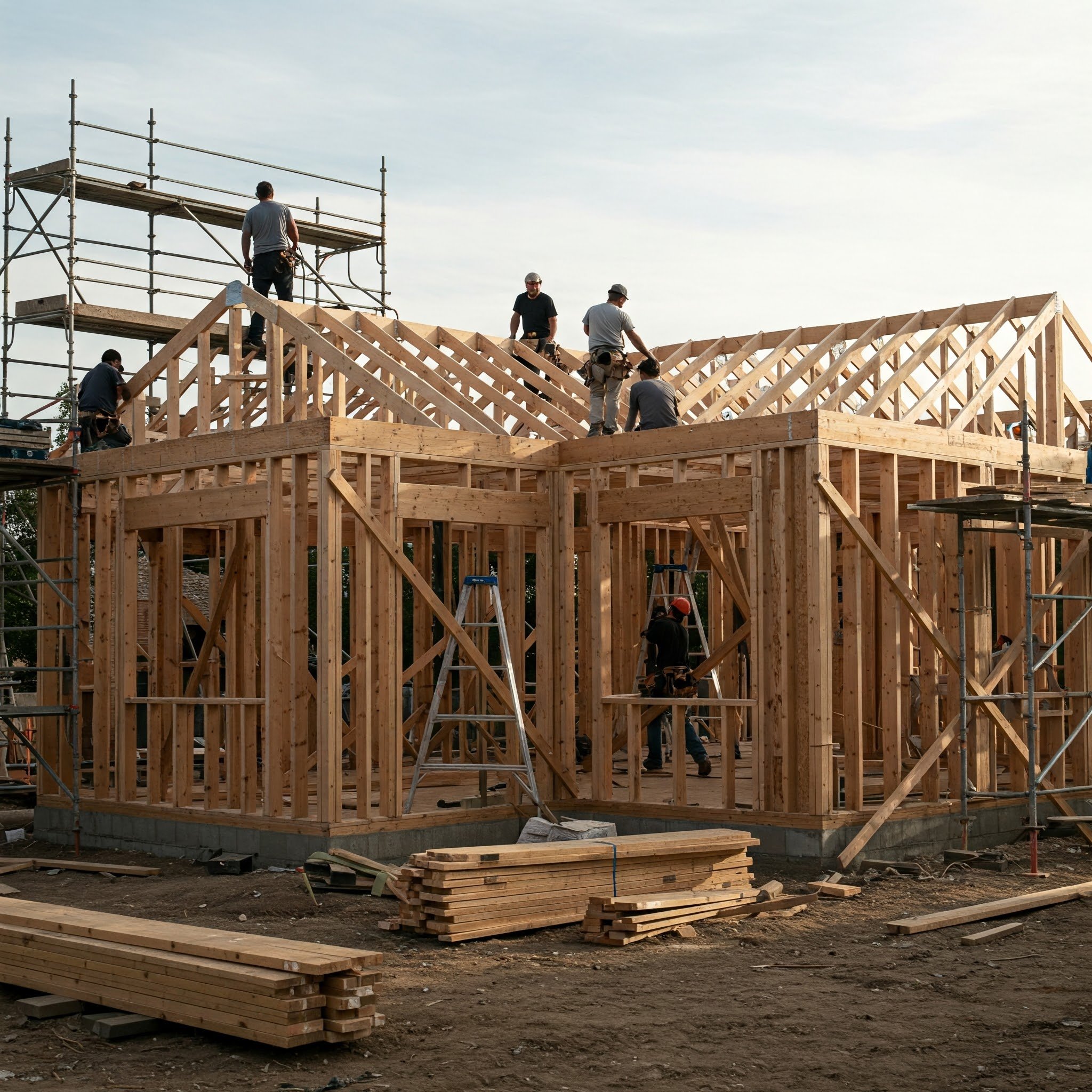Tips For Making Office Space Pleasant And Easy To Clean
Discover tips for making your office space pleasant and easy to clean. Learn strategies to create a welcoming, clutter-free environment that boosts productivity and simplifies maintenance.
Creating an office space that is both pleasant and easy to clean can enhance productivity and ensure a healthier working environment. A well-organized and clean office not only boosts productivity but also contributes to the overall well-being of its occupants. The key is to create a workspace that not only meets your aesthetic preferences but is also functional and easy to maintain. We will offer practical tips and strategies to achieve a pleasant and spotless office environment.
Effective Office Space Organization
Effective office space organization is crucial for maximizing efficiency and ensuring a clean, functional work environment.
Flexible Office Spaces
Flexible office spaces allow for a dynamic and adaptable environment, vital for modern businesses. These spaces can easily be reconfigured for different tasks or team sizes, making them ideal for companies that anticipate growth or changes in team structure. Embracing flexibility can also contribute to the cleanliness of the office, as movable furniture and unassigned seating encourage fewer personal belongings and clutter.
Dedicated And Shared Office Spaces
Dedicated office spaces are designed for specific tasks or teams, providing a tailored environment that can boost efficiency and minimize distractions. These areas are equipped with the necessary tools and storage solutions to support the tasks at hand, which can streamline operations and keep the space organized. Shared office spaces, on the other hand, are beneficial for collaborative projects and small teams. They encourage a community environment and resource sharing, which can reduce costs and space usage. Designing these spaces with cleanliness in mind, such as having easily cleanable surfaces and designated storage areas, can help maintain a tidy environment.
Co-Working And Private Office Spaces
Co-working spaces offer flexibility and networking opportunities for freelancers, remote workers, and startups. These environments typically provide shared resources like printers, conference rooms, and kitchens, which can lead to greater interaction and collaboration. Private office spaces cater to those who need confidentiality and are less prone to distractions. They are particularly important for professions that handle sensitive information or require a great deal of concentration. Private offices can be customized to the individual’s workflow, making it easier to keep the space organized and clean.
Enhancing Office Decor For A Pleasant And Clean Workspace
Creating an office space that's both inviting and easy to maintain starts with thoughtful decoration.
Utilize Natural And Artistic Elements
Incorporating elements of nature and art can significantly boost the morale and productivity of your team. Natural light is known to enhance mood and energy. If windows aren't an option, consider using LED lights that mimic daylight to help maintain alertness. Placing plants around the office not only improves air quality but also adds a touch of tranquility and color. Artwork is another great addition. Opt for pieces that reflect your company’s values or culture to foster a deeper connection with the team. Whether it's local artwork, employee-generated pieces, or inspiring prints, strategically placed art can energize any workspace and stimulate creativity.
Designate Functional Areas
● Designate Functional Areas: Establish dedicated zones within the office tailored for specific activities to optimize space functionality.
● Separate Dining and Work Areas: Implement designated dining areas to create a clear division between work and leisure, aiding in employee relaxation and focus renewal.
● Introduce a Coffee Station: Set up a coffee station to act as a casual gathering spot, fostering informal interactions and boosting energy throughout the day.
Focus On Comfort And Flexibility
Ergonomic furniture is not just a health investment but also contributes to a clean aesthetic by encouraging order and efficiency. Choose chairs and desks that support good posture and are adjustable to the needs of various users. Consider flexible furniture arrangements that can be easily reconfigured for different tasks or team sizes, which aids in maintaining a clutter-free environment.
Streamlining Office Cleanliness For Efficiency And Health
Creating an office environment that is easy to clean not only promotes a healthier workspace but also enhances productivity by minimizing clutter and maintenance time. Partnering with an EAP provider can support employees' mental health, contributing to a positive and productive office atmosphere.
Here are some strategies to keep your office in top shape with minimal effort:
Implement A Regular Cleaning Schedule
● Implement a Regular Cleaning Schedule: Essential for maintaining a professional and healthy office environment.
● Daily Cleaning Tasks: Include wiping down surfaces to prevent the accumulation of dust and clutter.
● Weekly Deep Cleaning: Schedule deeper cleans for different areas of the office to ensure thorough maintenance.
● Incorporate into Routine: Ensure cleaning tasks are integrated into daily office operations to sustain cleanliness and organization.
Optimize Space With Smart Storage Solutions
Clutter can significantly hinder the cleaning process. By using smart storage solutions and maintaining a minimalist approach, you can reduce the presence of unnecessary items on desks and other surfaces. Encourage employees to digitize documents where possible and to use storage systems that keep personal and shared spaces tidy. This approach not only makes cleaning easier but also speeds up the process of finding necessary items.
Focus On High-Touch And Common Areas
Areas that are frequently used or touched, such as doorknobs, kitchen spaces, and bathrooms, require special attention. Regular disinfecting of these high-touch surfaces helps reduce the spread of germs. In break rooms and kitchens, enforce policies that require employees to clean up after themselves. This includes wiping down the microwave after use or cleaning the coffee station. Such practices ensure these common areas remain hygienic and presentable.
Key Takeaway
Adopting biophilic design principles not only augments the physical workspace but also fosters a connection to the natural environment, promoting mental well-being and enhancing cognitive function. Introducing features like water elements or visual access to natural scenes can elevate the overall aesthetic and functionality of office spaces, making them more vibrant and productive environments.

































